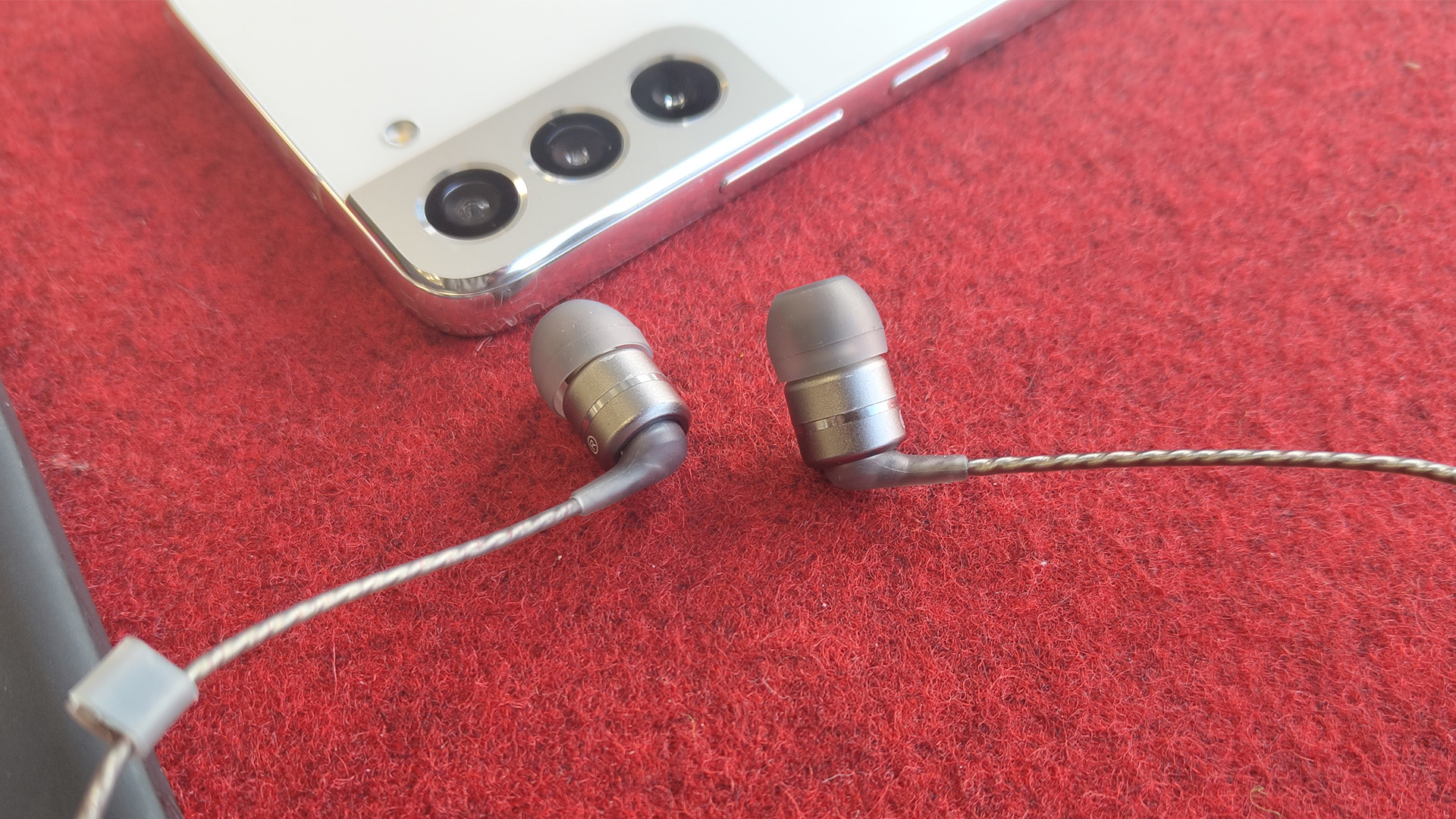Cambridge Audio CXA81 vs Rega Elex Mk4: which integrated amplifier is the best?
New boy takes on Award-winner in a thrilling head-to-head
The latest hi-fi, home cinema and tech news, reviews, buying advice and deals, direct to your inbox.
You are now subscribed
Your newsletter sign-up was successful
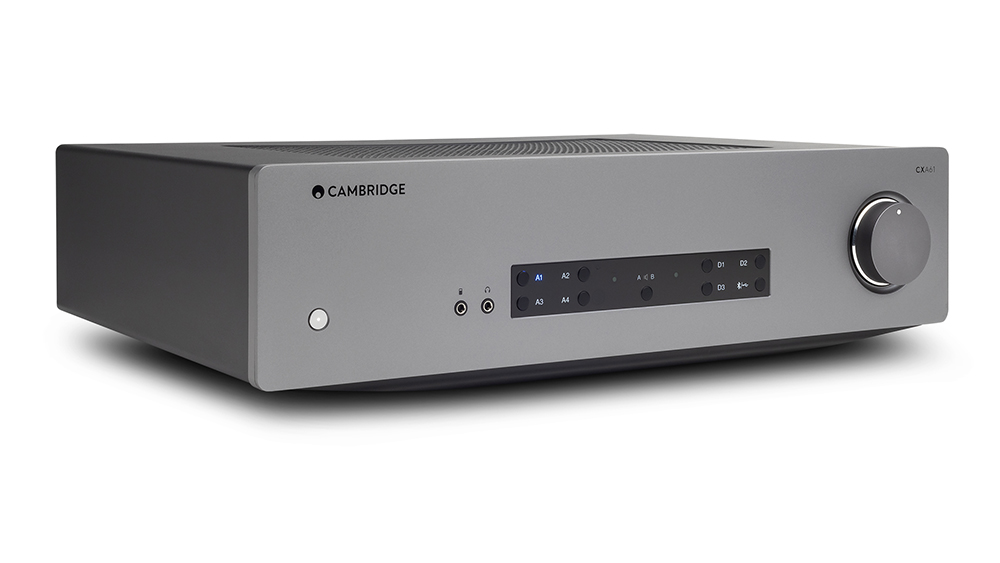
Power 80W per channel
Phono stage No
Hi-res support 32-bit/384kHz PCM, DSD256
Bluetooth Yes, aptX HD
Headphone output Yes, 3.5mm
With a vast range of connections and features, plus great sound, the CXA81 sets the bar for integrated amps at this level.
Pros
- Bold, powerful, detailed presentation
- Expert timing and dynamics
- Broad connections
Cons
- Lacks the insight and precision of the Rega
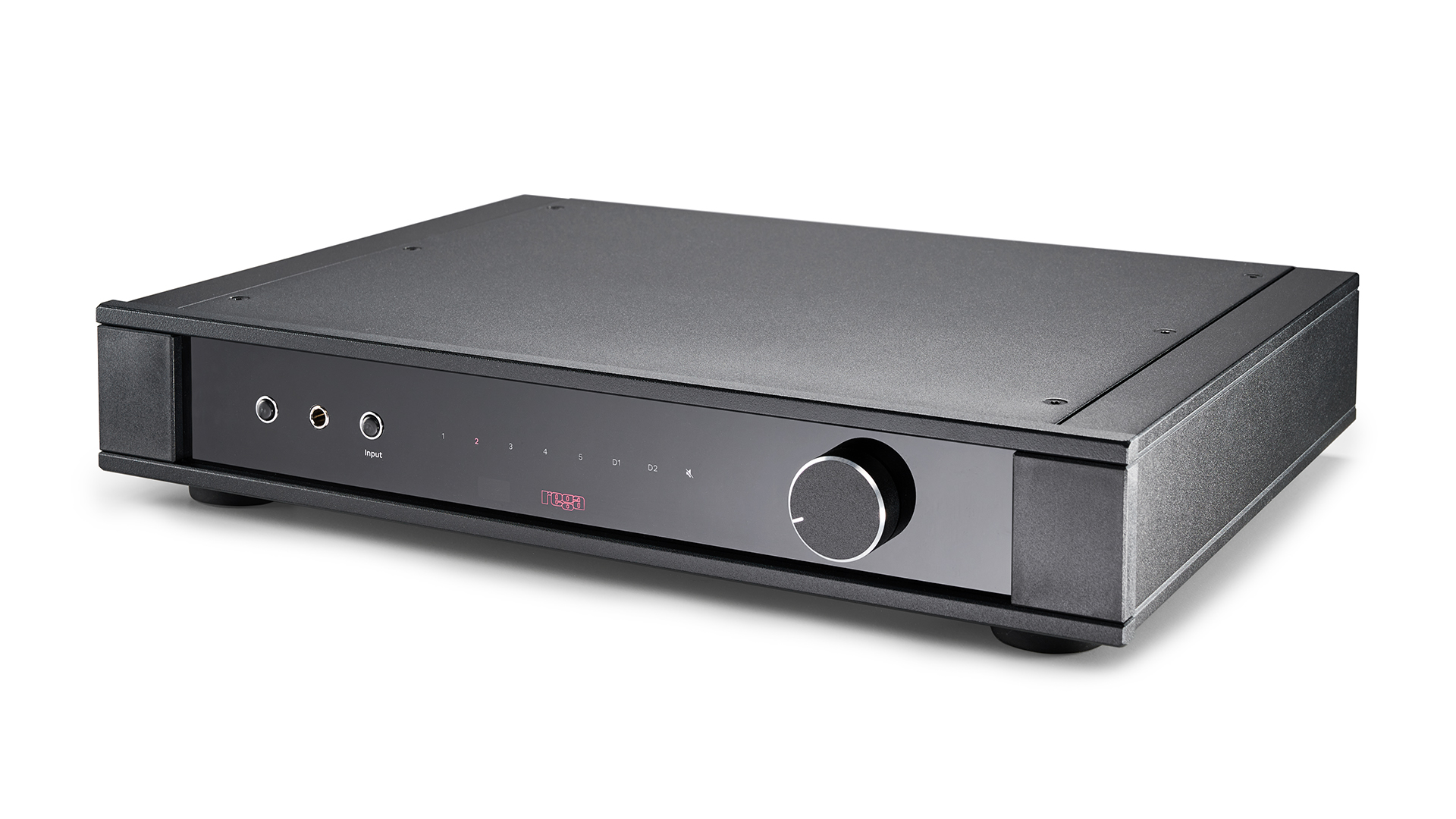
Power 72W per channel
Phono stage Yes, moving magnet
Hi-res support 24-bit/192kHz PCM
Bluetooth No
Headphone output Yes, 6.3mm
An assured, elegant and capable performer that cuts to the heart of the music, this Rega amplifier is a stunning upgrade.
Pros
- Astonishingly revealing sound
- Terrific timing and agility
- High-quality build
Cons
- Needs careful system matching
- Some might want a more muscular sound
We've been here before. The integrated amplifiers from these two British hi-fi brands have faced off against each other in hotly contested battles in previous years, with Award wins changing hands as a new contender emerges at this price.
In the defending corner this time, we have the multiple Award-winning Cambridge Audio CXA81. Now in its fourth consecutive year as champ, it still stands tall above hugely talented competitors in terms of performance and features offered for the money.
As the new challenger, the Rega Elex Mk4 has a tough hill to climb. It’s the successor to one of our favourite older amps, the Elex-R, which has been sorely due an upgrade since losing its mantle to the CXA81. For the Elex Mk4, staunchly analogue-first brand Rega has finally added a DAC (and a headphone port).
So which mid-range marvel comes out on top? As part of our British Hi-Fi Week celebrations, we dig deep to find out...
- See all of our British Hi-Fi Week 2023 news, reviews and features
Cambridge CXA81 vs Rega Elex Mk4: build & design
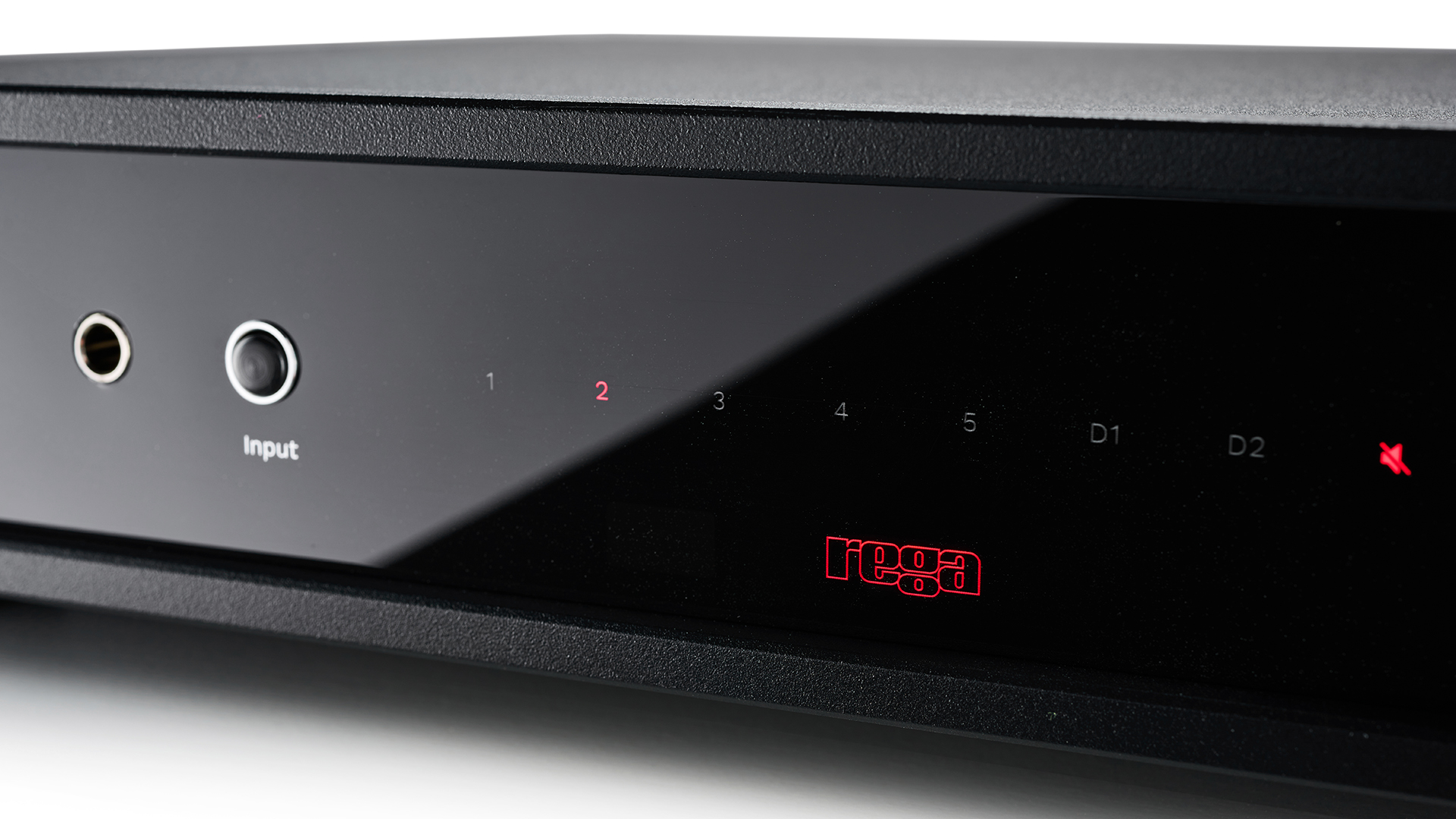
Rega has gone for a robust, minimal styling that should slot into any hi-fi rack. It’s sturdy, hefty and more streamlined than the Elex-R. The all-black metal casing is of a high standard and doubles up as a heat sink, with just a handful of buttons and subtle red LEDs adorning the front.
The CXA81, on the other hand, looks a tad more modern with its ‘lunar grey’ finish, clean front panel and ‘floating’ chassis design. It’s taller and bulkier, but equally well made. We have no complaints when it comes to using either amp: everything works smoothly and the units are responsive to commands, whether using the on-unit controls or remote.
**Winner: Draw**
The latest hi-fi, home cinema and tech news, reviews, buying advice and deals, direct to your inbox.
Cambridge CXA81 vs Rega Elex Mk4: features
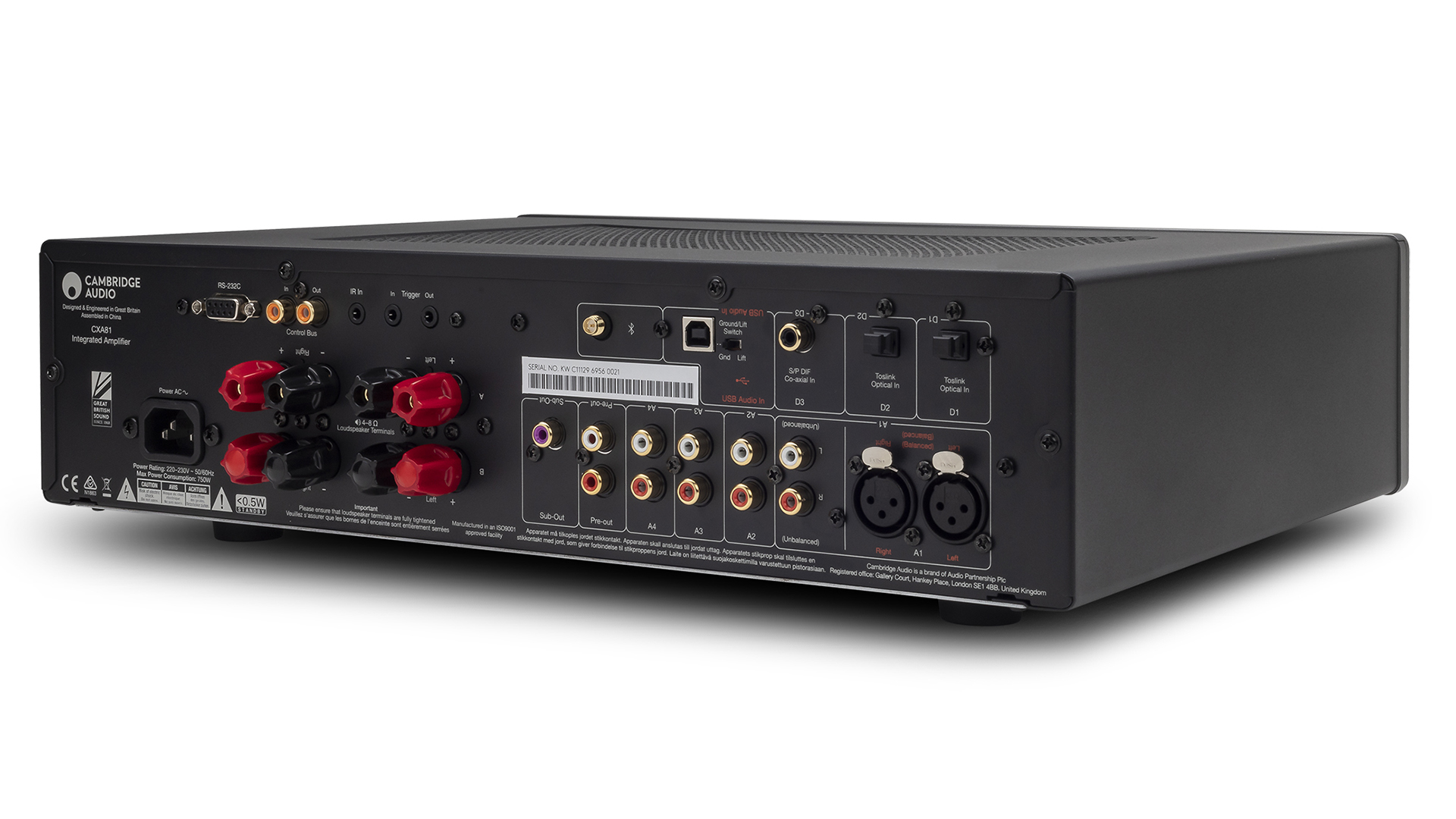
Internally, Cambridge Audio’s engineers kept the CXA81 amp’s basic analogue circuit unchanged from the previous generation, with 80 watts per channel (into eight ohms) on offer – more than powerful enough to drive most speakers. Upgrades focus on most of the op-amps in the signal path and the capacitors in the pre and power sections, and the effect on performance from the previous model is marked. A superior ESS Sabre ES9016K2M DAC is used, along with an improved USB input that supports hi-res audio files up to 32-bit/384kHz PCM and DSD256. It also supports the higher-quality aptX HD Bluetooth codec, which lets you stream from any compatible device at up to 24-bit/48kHz.
Rega, meanwhile, is only just dipping its toe into digital waters here. The Elex features a DAC (based on the standalone Rega DAC-R model’s circuitry) for the first time. The digital inputs can handle PCM audio files up to 24-bit/192kHz. If you have a large library of mega-hi-res files, you might have to look elsewhere.
Rega hasn’t strayed too far from its all-analogue heart, though, taking care that the “analogue side of the circuit is not affected in any way by the introduction of digital inputs”. The digital and analogue supply rails are “galvanically isolated” – this prevents any physical link between them and minimises the potential for signal interference. Noise from one can’t be transmitted to the other, which should result in cleaner detail retrieval and low distortion levels.
The Elex Mk4 is still a Class A/B design, with a powerful 72 watts per channel into eight ohms. The entire circuit board has been re-jigged by Rega’s engineers to improve performance, with special care taken when choosing key audio components in the design. Power is provided by a multi-stage linear supply designed to run as quietly as possible.
It’s in the features and connections offered where the two amplifiers differ wildly, and what your music-playing needs are will undoubtedly drive your buying decision. Cambridge Audio offers a wider spread of options that covers multiple analogue and hi-res digital inputs and even Bluetooth streaming. Handy if you’ll be using the CXA81 to play music from a variety of sources, or are planning to upgrade your system in the future. On the other hand, if you only have one or two source components in your system, Rega’s array of connections should be plenty.
The CXA81 offers four RCA inputs and a balanced XLR on the analogue side; on the digital side is one coaxial and two optical inputs, and an updated USB port on the back panel. You also get preamp and subwoofer outputs, and a 3.5mm headphone jack. While the need to attach a separate Bluetooth dongle is mildly irritating, the convenience is nice to have. Vinyl lovers will note that Cambridge has omitted a phono input here, but an outboard phono stage such as the company’s own Alva Duo model would make a fine partner for those looking to connect a turntable.
Rega, with its history with record players, wouldn’t dream of skimping on the phono input – the Elex Mk4 comes with a good quality moving magnet phono stage on board. Alongside that are four line-level inputs and only two digital inputs (one coaxial, one optical). There’s also a record output and preamp output, and a 6.3mm socket that should work with a wide range of headphones. Bluetooth streaming and USB still aren’t on board, and you get one pair of speaker terminals here to the Cambridge’s two, which can be played separately or in unison.
**Winner: Cambridge Audio CXA81**
Cambridge CXA81 vs Rega Elex Mk4: sound
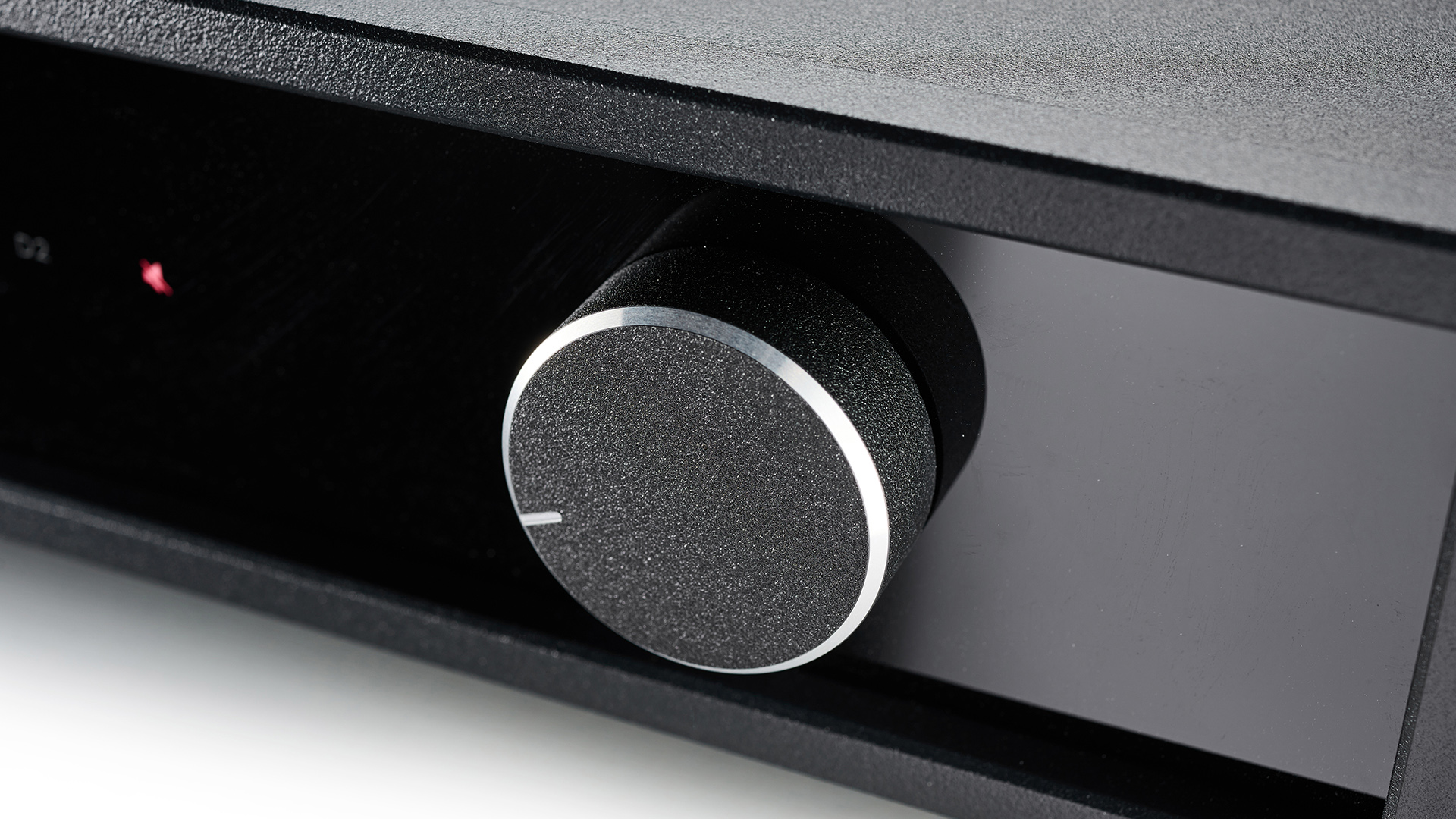
The CXA81 hammers out staccato rhythmic patterns with assured conviction, snapping in time and allowing its expert handling of alternately loud and soft beats to lock in a groove. Above it, a full-bodied and expressive midrange deals out melodies that are given space to soar, yet still sound definitively part of a musical whole. It’s a powerful yet punchy, dynamic and astonishingly detailed presentation. There’s a richness to the balance, too. It is powerful and weighty in the low end, but lean and agile enough to dance around with the most excitable basslines, while the treble is left plenty of headroom without sharpness or rough edges. While it perhaps sounds a little forward, its level of expression is such that, feed it a solo piano work or chamber quartet and it is only too pleased to show you its more caring, gentle side.
When we first tested the CXA81, it shone through with a level of clarity and insight that bested the older Elex-R champ. With the Elex Mk4, the tables might have been turned yet again. The new Rega isn’t a showy amp; it doesn’t try to artificially grab your attention, it simply handles every element of the music in an incredibly assured and elegant manner.
Play The Chain by Fleetwood Mac and the spread of sound from the Elex Mk4 is wide and open, with ample space for every well-placed instrument to flourish. Rhythmically, it times superbly. The famous bassline in the outro is pulled taut and tightly delivered – it goes deep, but there’s no flab. Edges of notes are crisp, and dynamic shifts are handled expertly. The Elex Mk4 makes easy work of complex musical arrangements that need every element marshalled with authority and timed to perfection to make sense of the rhythm. Conversely, the meditative, mournful melody in Nick Cave’s People Ain’t No Good is delivered in an unhurried, delicate manner. Voices, in particular, are beautifully rendered.
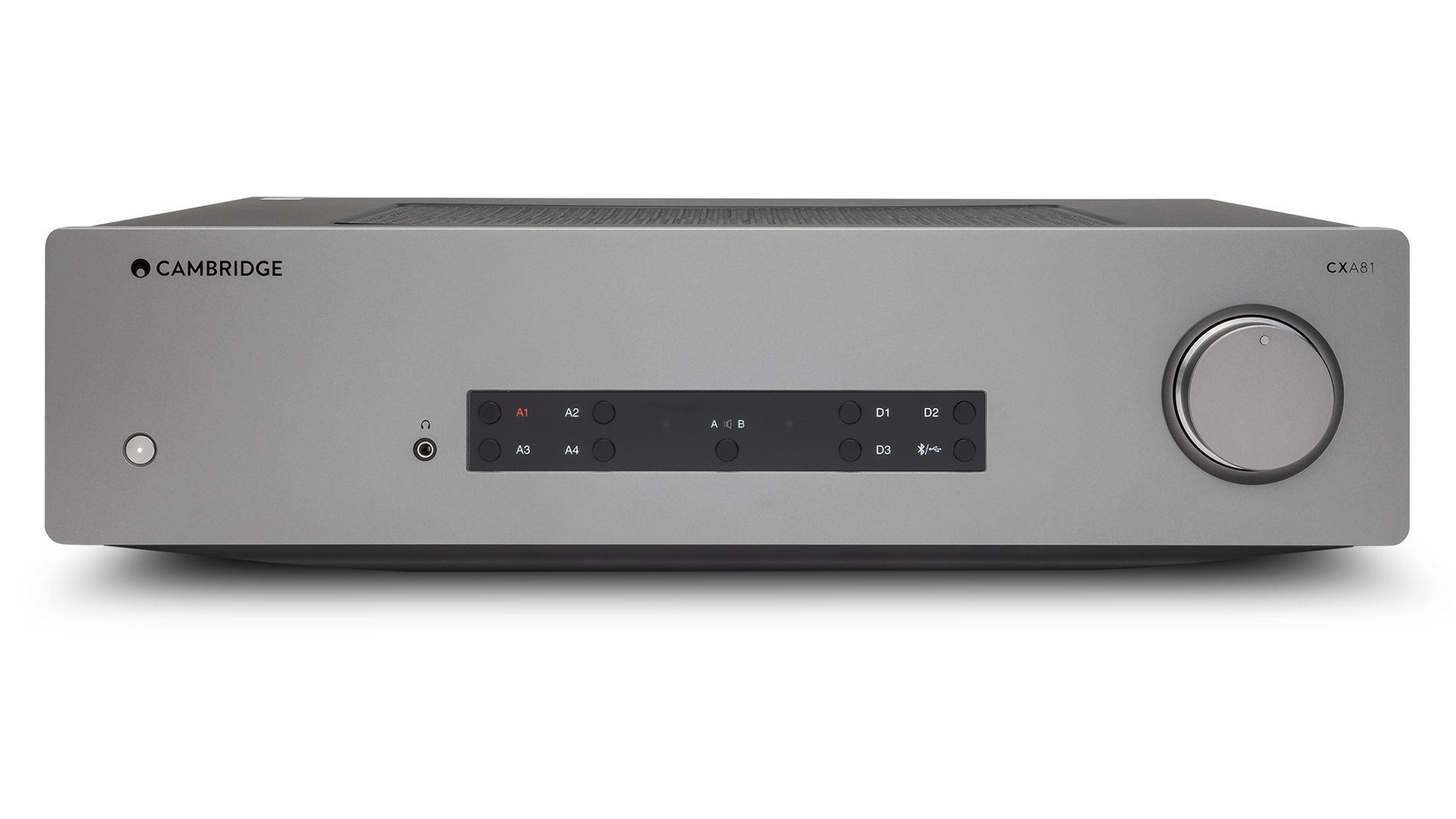
It’s a leaner sound compared with Cambridge’s boldness (it will need careful partnering) and there are times when a bit more grunt and muscle wouldn’t go amiss. But it’s hard to ignore how effortlessly the Rega cuts through to the heart of the music. We struggle to focus on particular strands or frequencies to critique, and instead are content listening to track after track, marvelling at the way in which the Rega turns its hand to every song. The amp simply doesn’t impose itself on the music. While this does mean it’s rather transparent to source materials and recording qualities, the resulting experience is more enjoyable than it is analytical.
Comparing the amps is a tale of trade-offs. The CXA81 has a lively, full-bodied tone that is more immediately likeable. It’s highly entertaining, with a lovely sense of weight and richness to the cello notes in Agnes Obel’s Fuel To The Fire. But the piano notes’ layers are peeled back and sound more realistic through the Rega amp. Her voice, while sounding beautiful through the Cambridge, is ethereal through the Rega. The CXA81 sounds smaller in scale whereas the Rega is expansive. Both amps time well and we can see many preferring the CXA81’s friendlier approach. But the Rega communicates the tempo of a song in a more authoritative, revealing way.
**Winner: Rega Elex Mk4**
Cambridge CXA81 vs Rega Elex Mk4: verdict

We said in our reviews of both stereo amplifiers that they allow us to simply enjoy the music. And we stand by that; we think you’d be happy with whichever talented amp you choose. But the Rega, while admittedly pricier and offering fewer connections and features, is capable in ways far beyond our expectations at this level. Partner it right, and the Elex Mk4 will work wonders.
MORE:
Read our full review of the Rega Elex Mk4
Read our full review of the Cambridge Audio CXA81
Best stereo amplifiers: the best integrated amps you can buy
Read our British Hi-Fi Week 2023 news, features and reviews (so far)
What Hi-Fi?, founded in 1976, is the world's leading independent guide to buying and owning hi-fi and home entertainment products. Our comprehensive tests help you buy the very best for your money, with our advice sections giving you step-by-step information on how to get even more from your music and movies. Everything is tested by our dedicated team of in-house reviewers in our custom-built test rooms in London, Reading and Bath. Our coveted five-star rating and Awards are recognised all over the world as the ultimate seal of approval, so you can buy with absolute confidence.

